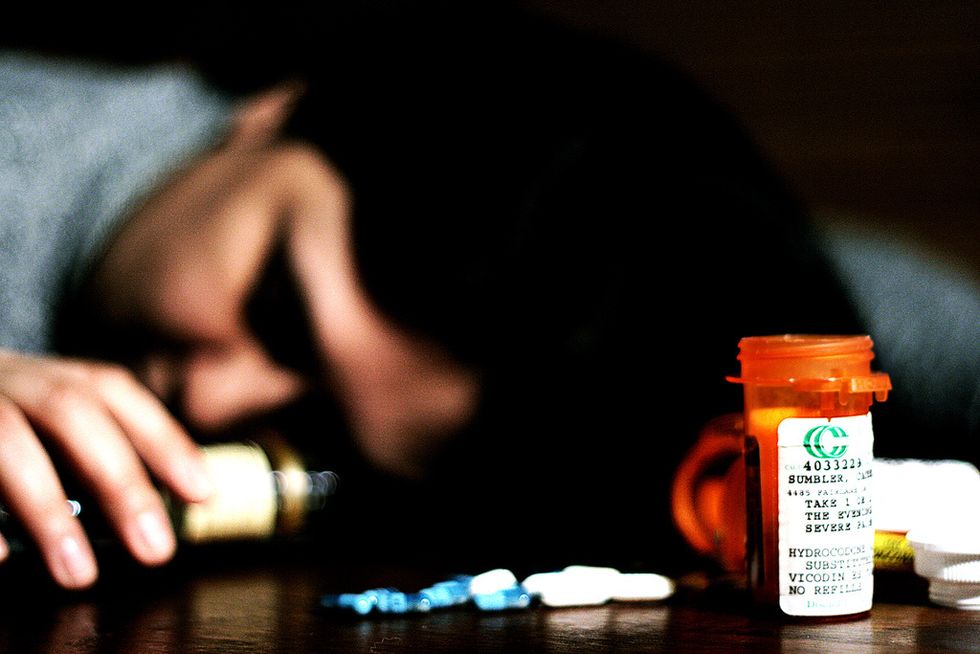Listen, I want everyone to have a good time. I want young adults to enjoy themselves and have ways to de-stress at social gatherings. I don't want to have to talk about the risks of substance abuse at a young age or all of the people who form addictions unknowingly, innocently. But I will.
People often imagine substance abusers as middle aged "deadbeats" who can't hold a job or an alcoholic that can't go anywhere without a flask. We very rarely think of addicts as young people, as high school students, or young adults attending college. However, substance abuse has to start somewhere, and unfortunately it's regularly when we are the most unaware of the risks. Dependency doesn't happen overnight, like most things it is gradual, slow, and likely hard to notice.
Recreational drugs and alcohol are a huge part of social culture. They are everywhere, easy to access, and encouraged in many ways. This article is not about the morality of drugs. It is not intended to shame anyone that uses. Above all, the intention is not to harm anyone. I don't think drugs are inherently bad, in fact I think they can be useful in many ways. Whether it is prescription drugs, alcohol, or heavier narcotics I mention, the use of this article is meant to be strictly helpful. There is no shame here.
The inspiration for this article came from reading survey results about drug and alcohol use among students on my campus. Further inspiration for this article came from reading forums of addicts asking for help and information. I am worried about kids my age forming habits that will affect them for the rest of their lives. Recurrently, what seems like fun can become a downward spiral.
Substance abuse can start as binge-drinking. It can start with prescription pills from a friend. It can start with prescription pills prescribed by your doctor. Reliance can start when you're around people you love. Reliance can happen to the people you love when they are around you. It can happen innocuously and very subtly. It becomes a problem when you have a hard time functioning without the substance, when you feel something is missing when you're not using.
To spot substance abuse in yourself, or others, there are symptoms you can look for:
1. Inability to complete tasks sober.
2. Doing relatively dangerous things while using.
3. Shaking, nausea, excessive sweating.
4. Sudden mood changes, onset depressive tendencies.
5. Inability to maintain relationships.
6. Borrowing or stealing money and the substance.
7. Extreme anxiety when not using.
8. Inability to stop using the drug for any circumstance.
It is hard to look out for people. It is hard to watch how others are doing when we have so much to worry about. Try. If you notice symptoms like the ones listed above, try and direct that person to resources. Universities have a variety of resources, the National Institute on Drug Abuse (NIDA) has resources, and local clinics/physicians can likely offer support and guidance. If you know someone is struggling, make an effort to do things without the use of substances. Equate fun with more than alcohol or drugs or encourage only moderate use of them. Advocate for people that you know are struggling. Pay attention to your peers.
















